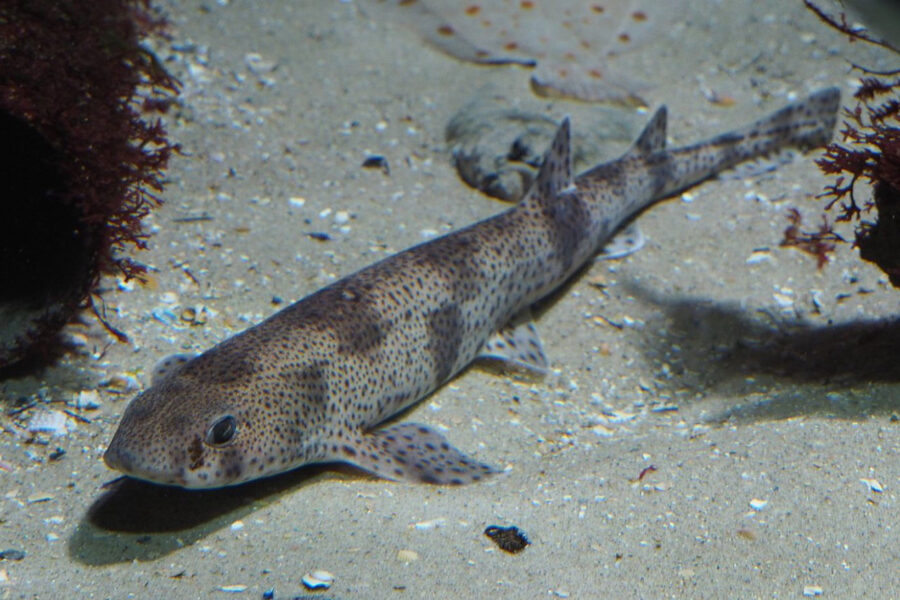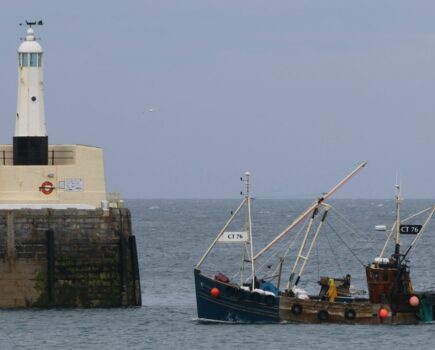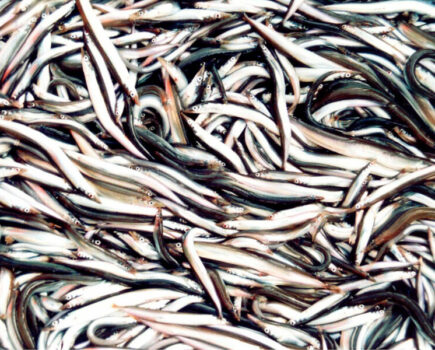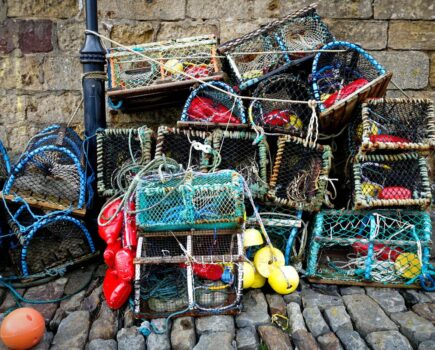A coalition of environmental organisations from across the UK and EU launched a Europe-wide campaign against demersal trawling in London last week, delivering a petition to Defra’s headquarters.
A wide range of NGOs with a presence in the UK, including the Blue Marine Foundation, the Environmental Justice Foundation, the huge US-based NGO Oceana and the Transform Bottom Trawling Coalition, presented the petition, with signatures collected from across Europe.
They apparently are not handing it over for long! The Defra headquarters was just the first of many such ‘handovers’, as the petition is then expected to cross the Channel, with similar presentations to ministries in the Netherlands, France, Spain and Germany, before finally being handed over to the EU fisheries commissioner in January.
The petition calls for an immediate ban on bottom trawling in Marine Protected Areas (MPAs) to ‘protect vital ecosystems from harm’.
The campaign aims to ban demersal trawling in all MPAs – even those designated to protect pelagic species such as porpoises, or in areas of highly mobile sediment that are regularly disturbed by wave action. Some of the language used in the campaign, however – comment is made about ‘destructive’ trawling – suggests that the coalition of NGOs is rather fragile, knitting together those wanting an end to all trawling of any type, and groups seeking to limit restrictions to larger, heavier trawls, on the most sensitive habitats.
Tom Collinson, advocacy manager at Blue Ventures, the UK NGO that co-ordinates the Transform Bottom Trawling Coalition, which encompasses 98 groups that include small-scale fishing associations, said: “Small-scale fishers and fish workers are on the frontlines of the ocean emergency. As marine life is destroyed by heating seas, overfishing and pollution, their livelihoods are hit hardest.
“The UK government must take urgent action to protect both our oceans and the communities that depend
on them. Banning the most destructive practice – industrial bottom trawling – from sensitive protected areas should be the starting point.”
Although timed to coincide with World Fisheries Day, the UK event was also used to highlight the ongoing review within the MMO and beyond of responses to the recent consultation on managing demersal fishing in 13 of the UK’s MPAs.
The campaign also highlights the longstanding UK target to protect 30% of the ocean by 2030. To date, efforts to meet this have mainly progressed through the designation of huge areas of the UK’s overseas territories, including Chagos in the Indian Ocean and 844,000km2 surrounding the lonely island of Pitcairn in the Pacific.
NFFO chief executive Mike Cohen told Fishing News: “After their stunt last week, it seems that American lobbying giant Oceana has now been joined by American multi-billion-dollar plastic clothing manufacturer Patagonia in their latest bid to tell us little people what to do.
“In the middle of the vitally important annual negotiations that will determine our catching opportunities for the year ahead, this is nothing more than a distraction: more game-playing from privileged outsiders who are seeking, yet again, to use their wealth and connections to distort the democratic process.
“Modern fisheries management should be based in evidence, not insinuation and exaggeration. These lobbyists have yet to explain how bottom trawling will affect highly mobile sediments, sea birds or harbour porpoises – yet these are the justification behind a significant portion of the arbitrary lines
on a map making up the MPA network that burdens the UK’s fishing communities.
“If they truly believe that fishing is damaging these things, you would think that they would want to explain how – we’ve asked them to often enough, after all.
“The fishing industry has a massive vested interest in maintaining the health of the marine environment: if it is damaged, we cannot make a living. The interest of these lobbyists, on the other hand, is in manufacturing outrage and maintaining a perception of crisis: you can’t burnish your company’s environmental credentials, or pull in even more big corporate donations, without one.
“It is very telling that their concern for the oceans does not encompass the staggeringly huge industrialisation proposed by the offshore wind power companies. I wonder why that could be… ?”
This story was taken from the latest issue of Fishing News. For more up-to-date and in-depth reports on the UK and Irish commercial fishing sector, subscribe to Fishing News here or buy the latest single issue for just £3.50 here.
Sign up to Fishing News’ FREE e-newsletter here.








